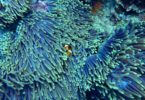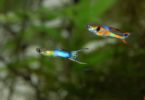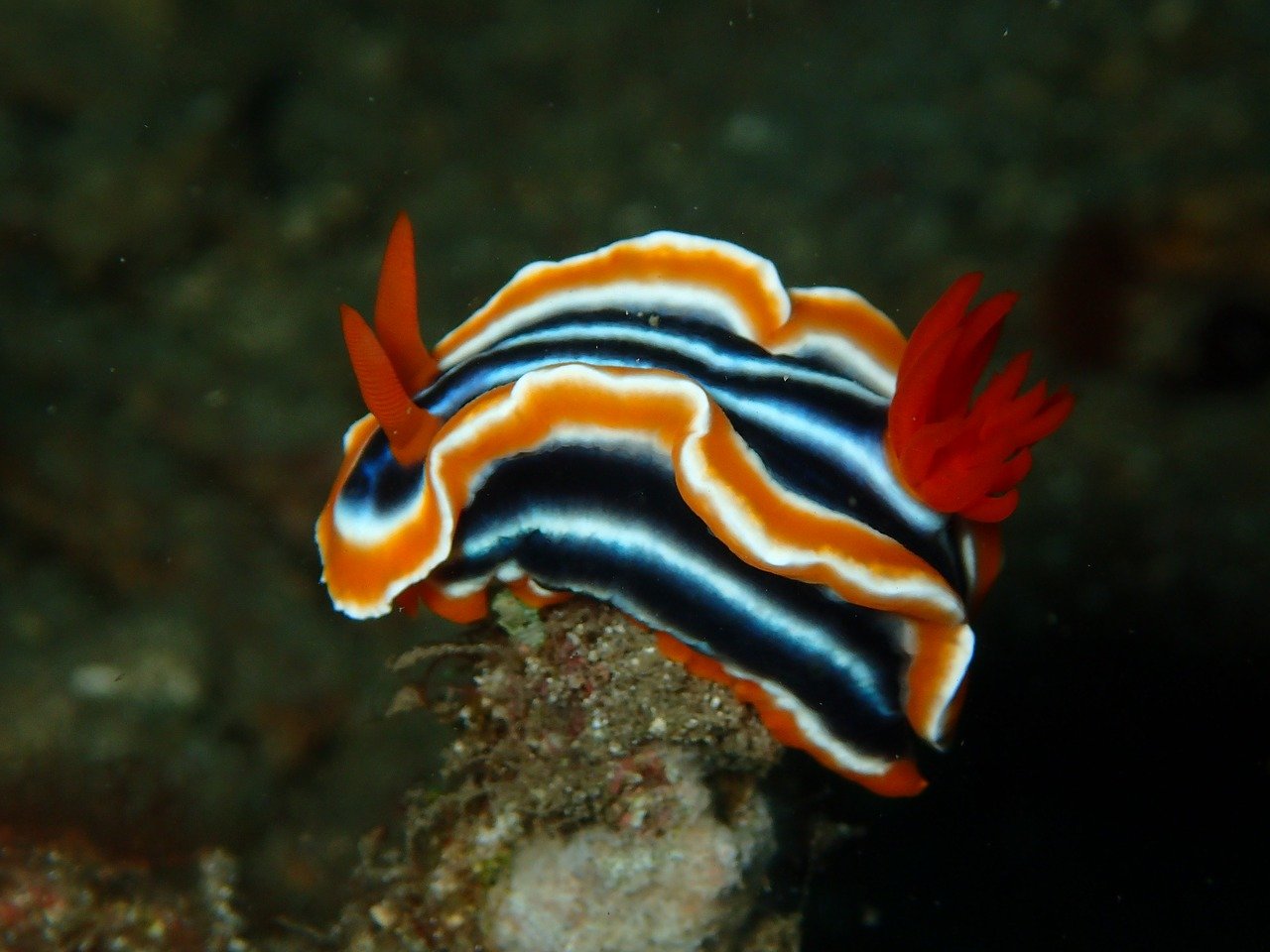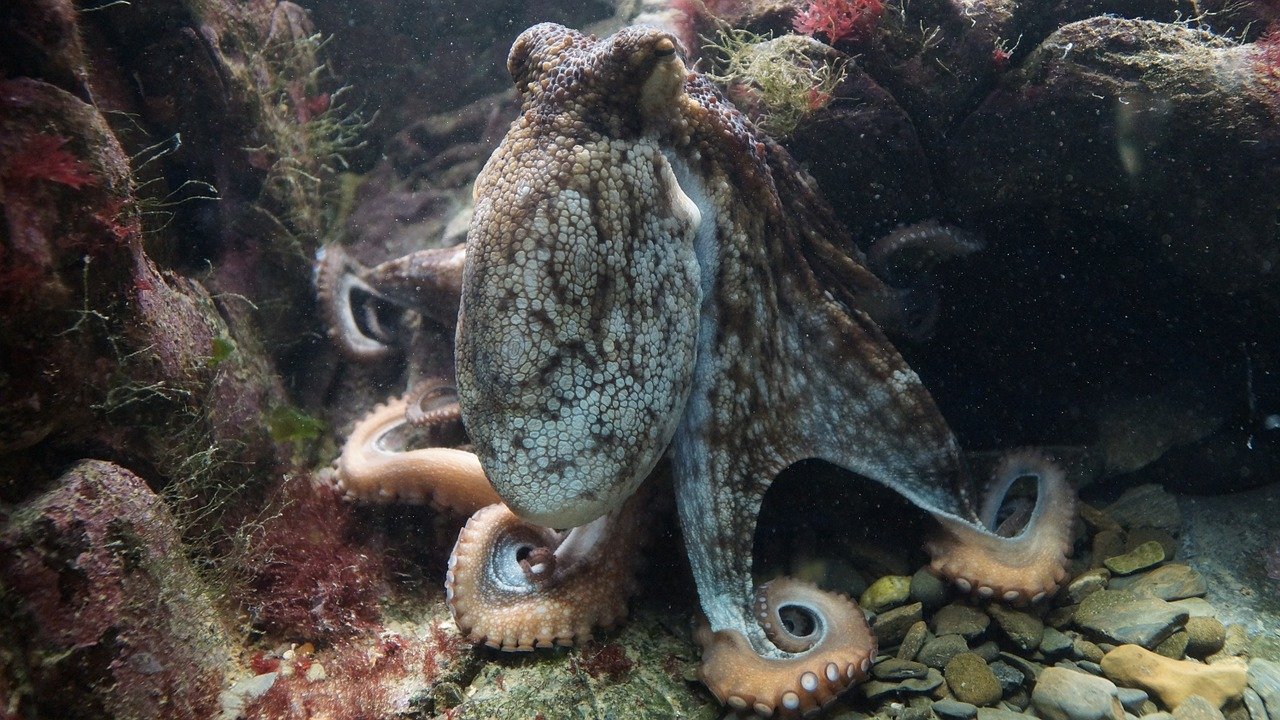Last Updated on April 24, 2023 by Coral Realm
Global warming has led to rising ocean temperatures. These warming oceans have led to marine animals migrating polewards or into deeper water, matching rates of temperature change so that they can remain at tolerable temperatures.
The majority of species which migrate like this to maintain water temperature are strong swimmers such as fish. As adults they migrate to cooler waters which then drives the populations into these colder climates.
But ocean warming is also paradoxically driving bottom dwelling benthic invertebrates into warmer waters. So why have these animals gone the other way? This goes against logic, as it threatens their survival, so what is going on?
Shellfish Prevented Escaping Global Warming By Wrong Way Migrations
A study published in Nature Climate Change has outlined why many species on the North Atlantic continental shelf exhibit this wrong way migration.
Wrong way migrations don’t make sense, as benthic invertebrates going into shallower warmer waters means they will have higher mortality. Understanding why this phenomenon is happening could lead to new ways of helping these invertebrates.
Heidi Fuchs, the studies lead author has been quoted as saying:
These deeper, colder waters of the outer shelf should provide a refuge from warming so it is puzzling that species distributions are contracting into shallower water.
The authors of this study have identified a cause for this wrong way migration: changes in spawning times due to ocean warming. These changes in spawning times lead to the earlier release of larvae, which are then carried into warmer ocean waters by ocean currents. The larvae then settle on the ocean floor, carrying the population southwards and shallower.
Over six decades of data on 50 species of bottom dwelling invertebrates was studied. It was found that more than 80% of the species had disappeared from Georges Bank and the outer shelf between the Delmarva Peninsula and Cape Cod during the decades.
The thing these species have in common is that they are sedentary as adults and are very weak swimmers as larvae. The species studied included starfish, snails, and shellfish. They rely on the prevailing ocean currents to transport the larvae to new pastures where they can develop into adults.
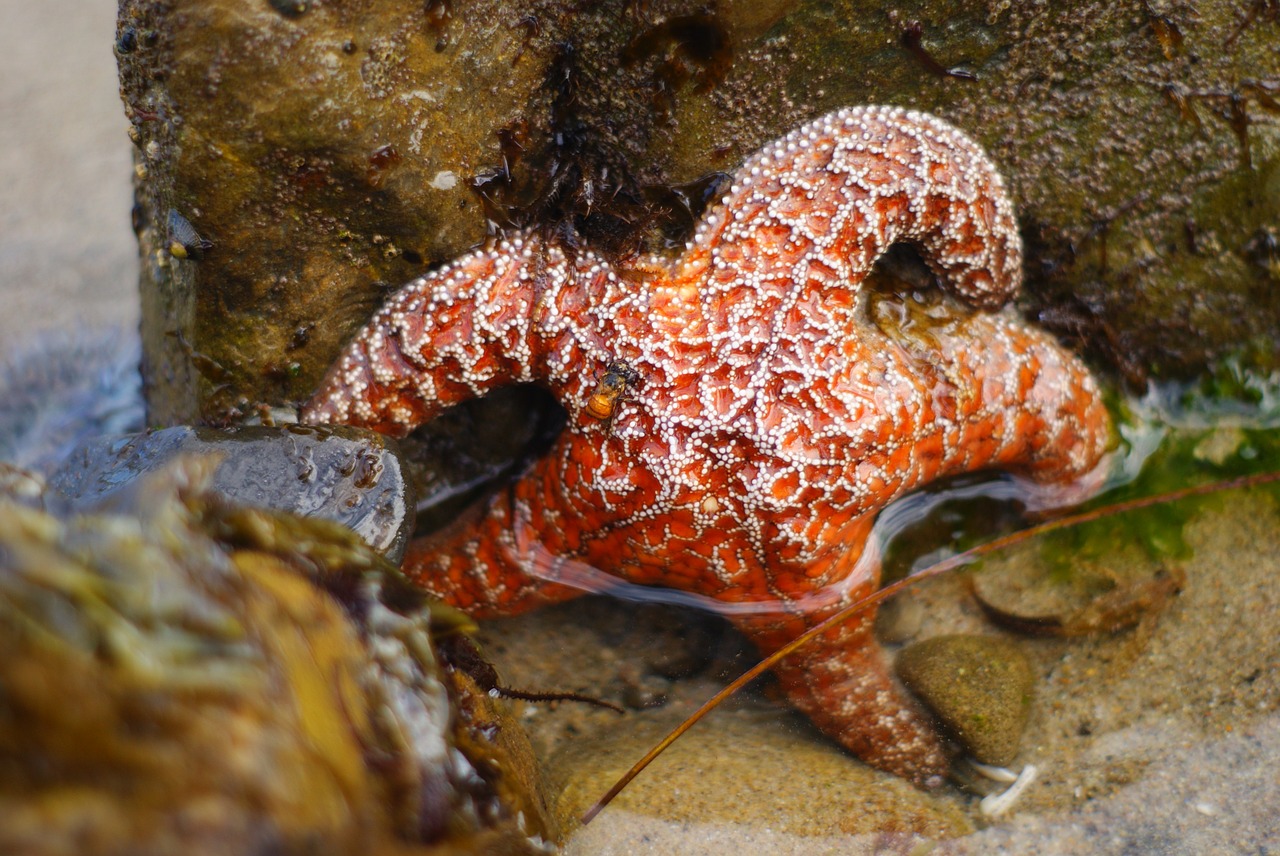
Warming oceans are causing these animals to spawn earlier in the year, during which their weak-swimming larvae are exposed to currents and winds that they wouldn’t normally be exposed to.
The winds and currents found earlier in the year drive the larvae further southwest and inland; into warmer, shallower waters. These larvae settle on the seabed and develop into adults. As these adults are in warmer waters still, they spawn earlier in the season again. As such they are stuck in a feedback loop which shrinks their occupied areas and threatens their survival. With oceans warming further the habitat these animals occupy shrines further still.
The authors of the study note the similarity to the “elevator-to-extinction” events found on land. During these events increasing temperatures drive birds and butterflies further and further upslope to find cooler temperatures until they can go no higher and are eliminated from the areas they once inhabited.
The devastating thing is that these invertebrates could survive by migrating the way that fish and other strong swimmers do. Instead they are forced further into warmer waters as they have no control over their larval movements.
Other research articles you may be interested in:
- Animals Sixth Sense – Bacteria The Reason Behind The Magnetic Sixth Sense?
- British Biologists Assisting in Mauritius Coral Reef Oil Spill
- New Test Developed Can Detect Crown Of Thorns Starfish Quickly And Easily
Citation:
Fuchs, H. L., Chant, R. J., Hunter, E. J., Curchitser, E. N., Gerbi, G. P., & Chen, E. Y. (2020). Wrong-way migrations of benthic species driven by ocean warming and larval transport. Nature Climate Change. Doi: 10.1038/s41558-020-0894-x

